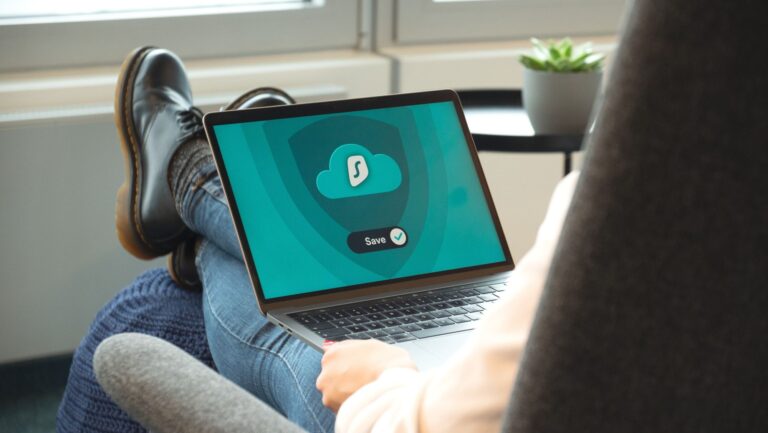As a parent, you want to do everything you can to protect your child’s online privacy. You may have heard about VPNs and how they can help keep your child safe online. But what are VPNs, and how do they work? In this blog post, we will answer these questions and discuss why using a VPN is important for protecting your child’s privacy.
Why is using a VPN important for protecting your child’s privacy
There are many reasons why using a VPN, or virtual private network, is essential for protecting your child’s privacy.
The most obvious benefit of using a VPN is that it can help shield your child’s internet activity from prying eyes. With a VPN, all of your child’s web traffic is encrypted and routed through an intermediary server located in another location, making it difficult for anyone to track their activities or gain access to their personal information.
Furthermore, using a VPN protects against malware, spyware, and other online threats that could be used to compromise your child’s safety and security.
Whether they’re browsing the web at home or on the go, it is essential to protect your child with a reliable VPN service. After all, your child’s privacy is worth every penny!
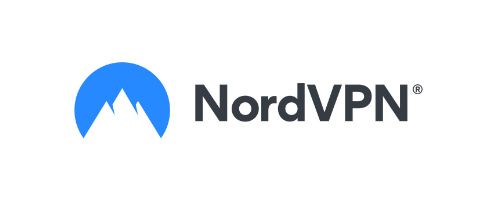
NordVPN Special Deal
Get VPN protection from NordVPN, one of the most reliable VPN companies in the world, for just $3.99/month!
✅ Possibly, the best Double VPN implementation.
✅ Over 5000 servers in 60 countries.
✅ VPN split tunneling support.

Online threats to children
With the ubiquity of the internet, it’s more important than ever to be aware of the dangers that come with it. Just as there are real-world predators who seek to take advantage of innocent victims, there are also online predators who use the internet as a tool to exploit children. Below are some of the most common online threats that your kid is exposed to:
Cyberbullying
Unfortunately, bullying isn’t just limited to the schoolyard anymore. With social media and other online platforms, bullies can now reach their victims anytime, anywhere. As a result, your child could be subjected to name-calling, shaming, and other forms of emotional abuse.
Predator behavior
Predators often use the internet to groom their victims by striking up online relationships. They may pretend to be someone they’re not to gain your child’s trust and then attempt to meet them in person, which can lead to abduction or sexual assault.
Inappropriate content
With more and more content being uploaded to the internet every day, it’s becoming easier for kids to stumble across things that aren’t meant for them. This can include things like graphic images or videos, explicit language, and so on.
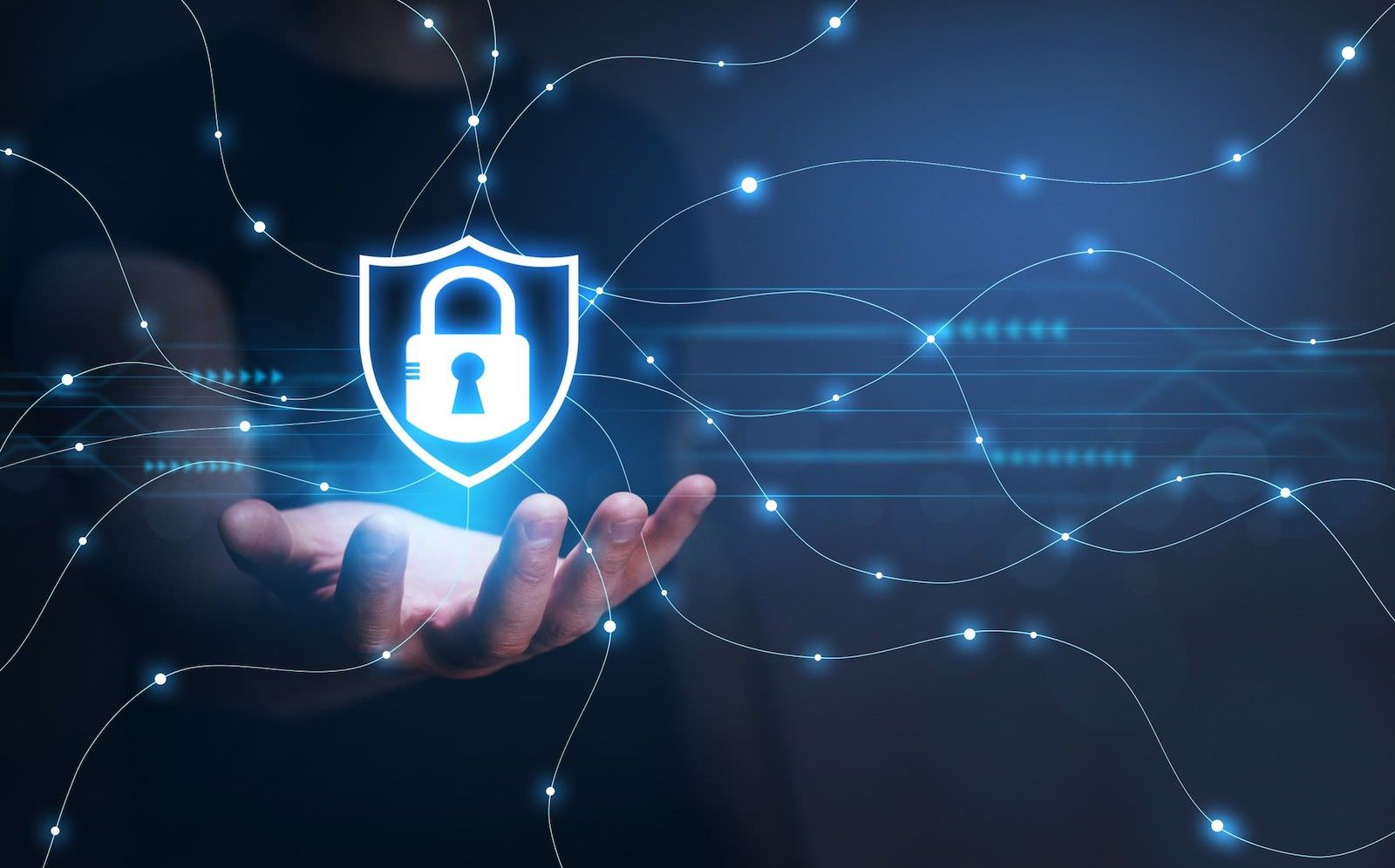
Is a VPN enough to protect my child from online threats?
While many people think of a virtual private network, or VPN, as a powerful tool for protecting children from online threats, it is only one part of the equation.
True, a VPN will mask a child’s location and provide them with an additional layer of anonymity on the internet, but it is still possible for savvy hackers and cybercriminals to breach even the most secure networks.
This is where parental controls come into play. Parental controls allow parents to take a more targeted approach to protect their children online by enabling them to filter out inappropriate content, restrict access to certain sites or services, track their locations and monitor online activity in real-time.
With a VPN, parental controls are perhaps the most effective way of keeping kids safe online today.
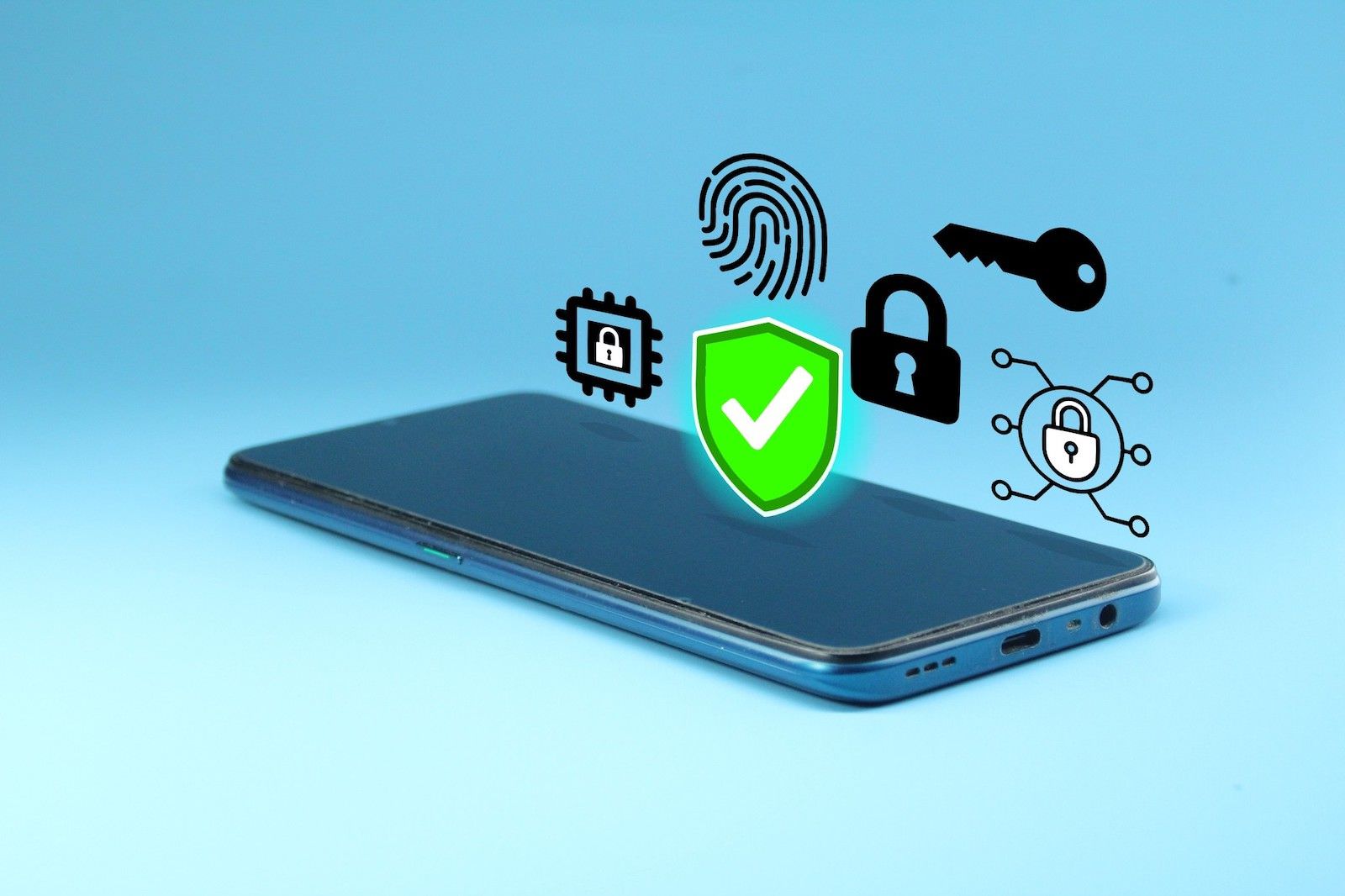
How to set up a VPN on your child’s device
Installing a VPN on your child’s device is not very different from installing any other VPN, with one big caveat – the service needs to support setting custom DNS servers. This will ensure that your child’s traffic can be filtered at a DNS level, and it can be combined with a DNS-based parental control solution.
When filtering the web traffic at the DNS level, one can use specialized services that can block specific websites based on their content. For instance, Open DNS or NextDNS provide a comprehensive web filtering solution that is both effective and easy to set up.

Special offer for our readers – 3 Months Free!
Get the best rated VPN service in the world with a special offer just for the readers of PrivacyTutor!
How does DNS filtering work?
DNS filtering is a method of preventing users from accessing certain websites by tracking DNS requests from a user’s computer. This process works by mapping known malicious or potentially dangerous domains to addresses that will return an error message when the user attempts to navigate there.
Because most of the Internet relies on DNS requests for functioning properly, adversarial filters can effectively block access to unwanted domains and prevent users from accessing malicious content or conducting illicit activities.
Additionally, DNS filtering also usually integrates with other types of content filters, like firewalls and intrusion prevention systems, which allows it to provide comprehensive security against a wide range of threats.
Overall, while DNS filtering may not be perfect in every situation, it is an important tool for protecting networks and keeping children safe online.
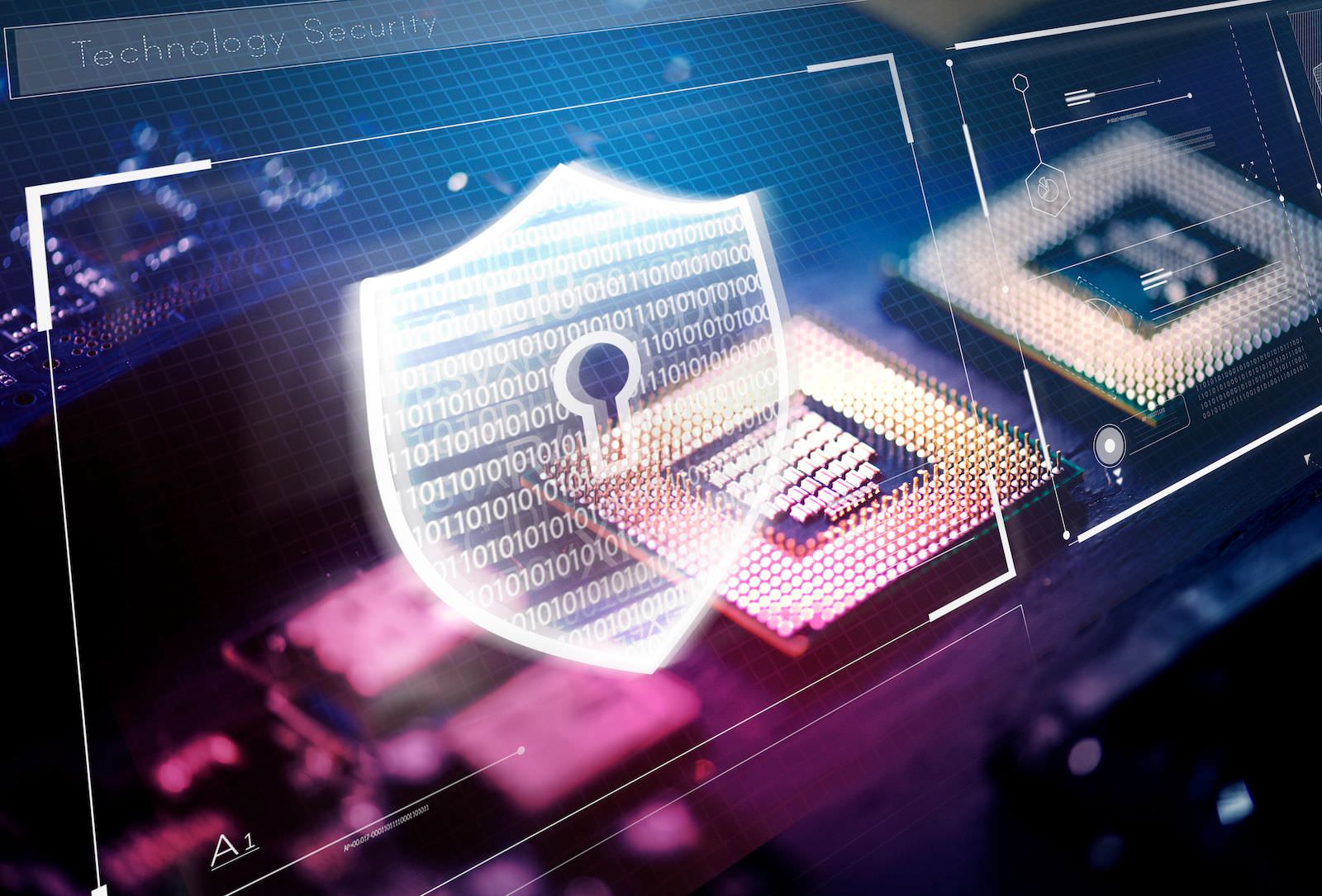
The best combo for protecting your child online is VPN + Private DNS
As any parent knows, it is essential to monitor your child’s internet usage. Not only they can access harmful content, but children can also be exposed to predators and cyberbullies.
For my needs, protecting two boys from online threats, I have found that Mullvad VPN service provides the perfect combination of online privacy and protection for children when used with NextDNS.
Mullvad lets users configure custom DNS servers, so a Mullvad user can take advantage of NextDNS’s tools. This way, I can take advantage of the protection that Mullvad offers, while also being able to manage my children’s internet usage with NextDNS.
NextDNS offers flexible parental control features, as well as a way to schedule children’s access to online services and games within certain timeframes. This provides parents with a great deal of flexibility.
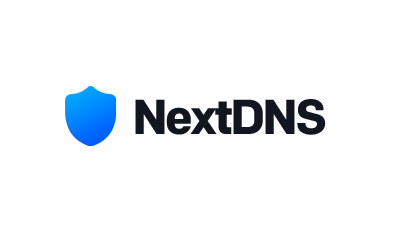
NextDNS
NextDNS protects you from all kinds of security threats, blocks ads and trackers on websites and in apps and provides a safe and supervised Internet for kids — on all devices and on all networks.
Together, Mullvad and NextDNS offer the best possible online privacy and protection for children.
This is the best combo for protecting my children online that I have found, and I hope it will be helpful for you as well.
FAQs about using a VPN to protect your child’s privacy
Does VPN work with parental controls?
Parental control services are becoming increasingly popular as parents investigate how to restrict their children’s internet access.
However, these services can often clash with VPNs, which are also commonly used. This is because most modern parental control services make use of the VPN service to filter the content.
However, using Mullvad with NextDNS seems to work great. The two services complement each other perfectly, and there are no reports of any conflicts between the two.
As such, it appears that VPN does work with parental controls after all.
Can VPN be used to bypass parental controls?
One little-known use for VPNs is bypassing parental controls. Parental controls are software tools that allow parents to block certain websites and content from being accessed by their children.
In theory, this should prevent children from seeing inappropriate content or stumbling upon websites that could be harmful to them.
However, some parental control software can be easily bypassed by simply connecting to a VPN. When a user connects to a VPN, all of their traffic is routed through the VPN server. This means that the parental control software will only see the IP address of the VPN server, not the user’s real IP address.
As a result, the user will be able to access any website or content that is not blocked by the VPN server. While this may not be ideal for parents who are trying to protect their children online, it does offer a way for users to bypass restrictive parental controls.

Special VPN Deal
Get VPN protection from NordVPN, one of the most reliable VPN companies in the world, for just $3.99/month!
What websites should parents block in 2022?
While there is no single answer for what websites should be blocked in 2022, there are some general guidelines that all parents should follow. Pornographic, gambling and dating websites should all be off-limits for children of all ages.
Pirate websites should also be avoided, as they often contain illegal or pirated content.
In addition, parents should consider carefully whether to allow their children access to social media sites such as Facebook and Instagram.
While these platforms can provide valuable opportunities for connection and communication, they can also expose children to potential risks such as cyberbullying and online predators.
By following these simple guidelines, parents can help ensure that their children have a safe and positive experience online.

How do I protect my child on the internet in 2022?
As the internet continues to evolve, so are the risks it poses to children. While the web can be a great resource for kids, helping them to learn and connect with others, it can also be a dangerous place.
To keep your child safe online in 2022, there are a few steps you can take.
First, make sure that they are only using age-appropriate websites and apps. There are many great educational and entertaining resources available for young children, but they should not be accessing sites meant for adults.
Second, help them to develop healthy habits when it comes to their online activity. Encourage them to take breaks from screens, set limits on their screen time, and avoid sharing personal information with strangers.
Finally, keep the lines of communication open. Talk with your child about their online activity and discuss any concerns you may have.

The Best VPN Deal You Can Find Anywhere!
Get a VPN that lets you use an unlimited number of devices, offers amazing security features and has an unbeatable offer!
82% off + 2 Months Free
- Unlimited Devices
- Ad & malware blocker
- Cookie pop-up blocker
- Two-Factor Authentication
- 24/7 support
- $2.49/Month!
Why does my kid have a VPN?
There are many reasons why a kid can have a VPN. Some of the most common reasons include bypassing parental controls, accessing blocked websites, or protecting their privacy online.
If your child has a VPN, it’s important to speak with them about how they are using it and why. This can help you to better understand their needs and ensure that they are using the VPN safely and responsibly.
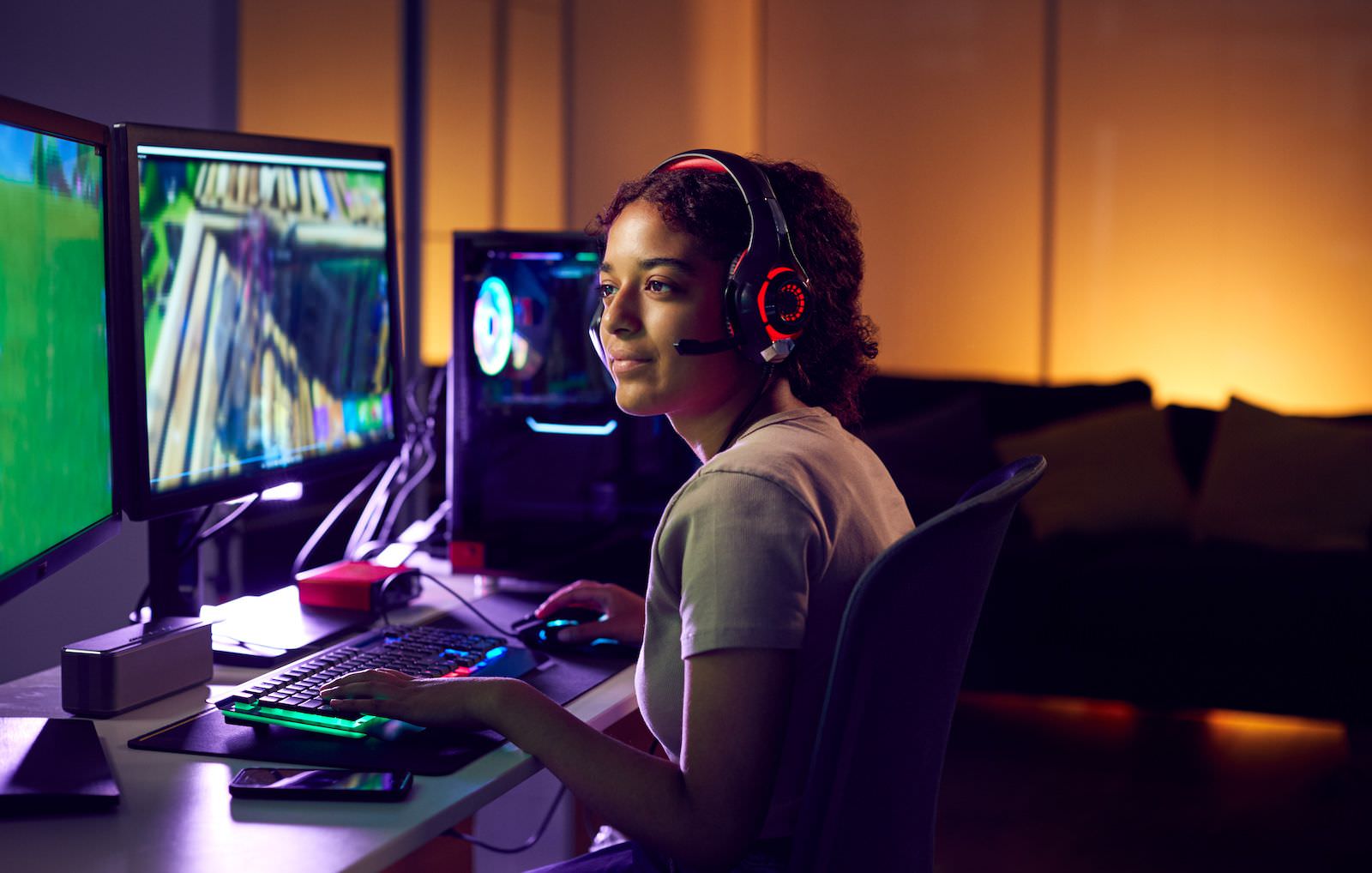
How to limit screen time for kids in 2022
As screen time continues to increase, so do the concerns around its effects on children. While some screen time is necessary and even beneficial, too much can lead to problems such as sleep deprivation, obesity, and social isolation.
To help ensure that your child has a healthy relationship with screens, it’s critical to set limits on their screen time.
One way to do this is by establishing screen-free zones in your home, such as the bedroom or dining table.
You can also create screen-free times, such as during family meals or before bedtime.
Finally, make sure that your child is engaged in other activities, such as outdoor play, reading, or hobbies.
By taking these steps, you can help to limit your child’s screen time and ensure that they are getting the most out of their day.
Can VPN be used to bypass parental controls?
Yes, a VPN can be used to bypass parental controls. However, it’s important to note that this should only be done with parental permission and supervision.
If your child is using a VPN to access blocked websites or content, make sure that you are aware of what they are doing and that you approve of it.
In addition, help them to set healthy limits on their screen time and make sure that they are engaging in other activities as well.
Following these recommendations, you may be confident that your kid is employing the VPN securely and responsibly.
Can a VPN get around screen time?
It depends on the type of parental controls that are in place. If your child is trying to access blocked content, a VPN can help them to do so.
However, if you have set limits on your child’s screen time, a VPN cannot get around this.

Special offer for our readers – 3 Months Free!
Get the best rated VPN service in the world with a special offer just for the readers of PrivacyTutor!
Conclusion
As the internet continues to evolve, so do the risks it poses to children. While the web can be a great resource for kids, helping them to learn and connect with others, it can also be a dangerous place.
To keep your child safe online in 2022, there are a few steps you can take. First, make sure that they are only using age-appropriate websites and apps. Second, help them to develop healthy habits when it comes to their online activity.
Finally, maintain open lines of communication. By taking these precautions, you can help to ensure that your child has a positive and safe experience online.




